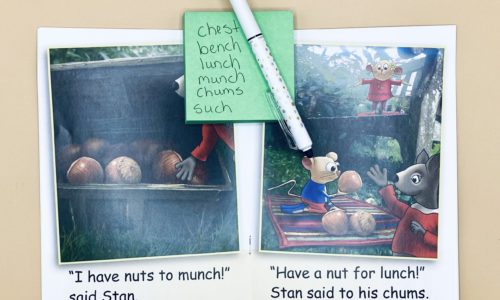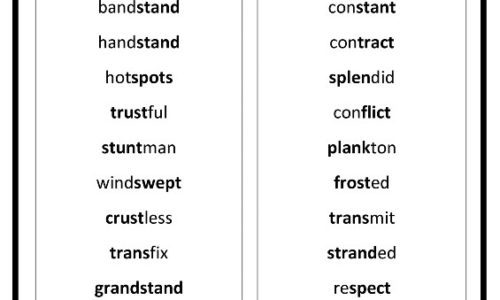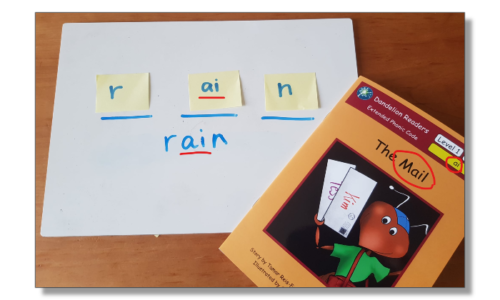
Phonemic awareness and letter-sound knowledge are the biggest indicators of how well a child will learn to read in the first two years of school. Yet phonemic awareness and letter-sound knowledge are NOT the end goal. Our end goal will always be proficient readers. To reach that end, we must work to instruct children on…
Read More





